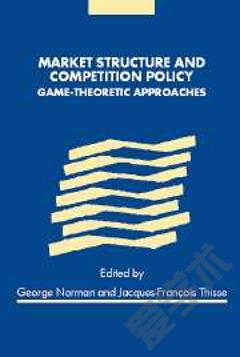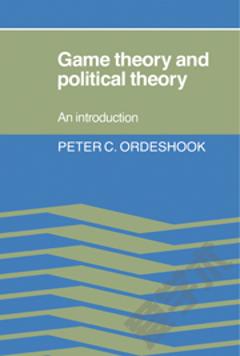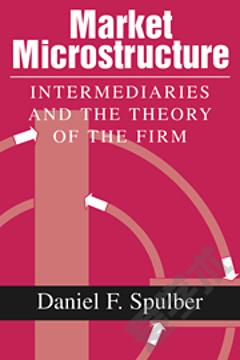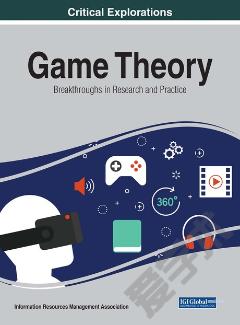Market Structure and Competition Policy: Game-Theoretic Approaches
This 2000 text applies modern advances in game theory to the analysis of competition policy and develops some of the theoretical and policy concerns associated with the pioneering work of Louis Phlips. Containing contributions by leading scholars from Europe and North America, this book observes a common theme in the relationship between the regulatory regime and market structure. Since the inception of the new industrial organization, economists have developed a better understanding of how real-world markets operate. These results have particular relevance to the design and application of anti-trust policy. Analyses indicate that picking the most competitive framework in the short run may be detrimental to competition and welfare in the long run, concentrating the attention of policy makers on the impact on the long-run market structure. This book provides essential reading for graduate students of industrial and managerial economics as well as researchers and policy makers.
{{comment.content}}








 京公网安备 11010802027623号
京公网安备 11010802027623号